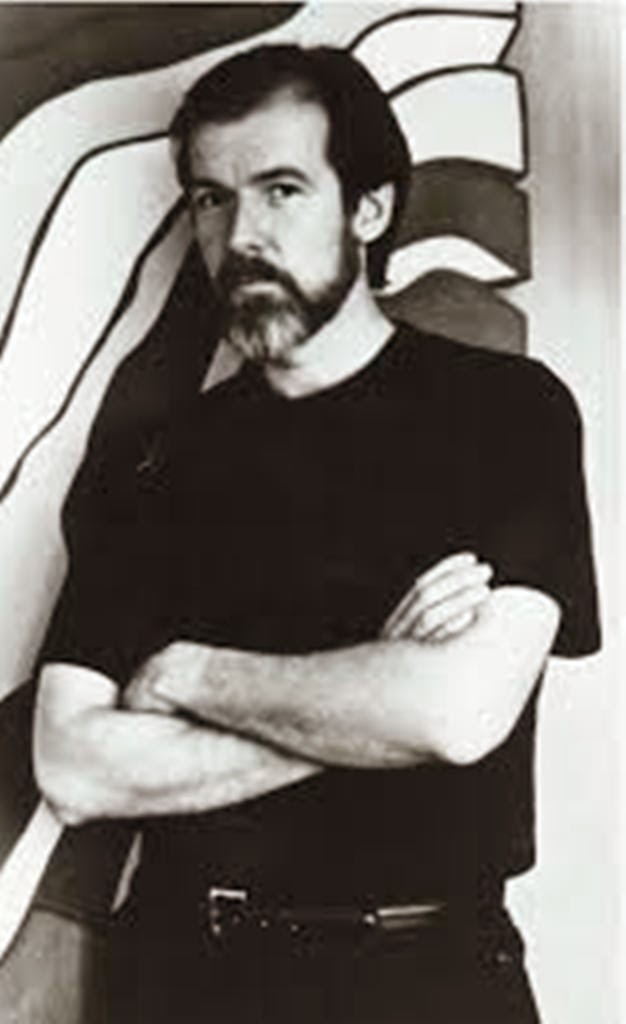Tu es né en pleine nuit en pleine mer
parmi des millions de pieuvres noires
et pour revenir à la vie tu dois boire
toutes les larmes de tous les enfants de l’océan
un nouveau-né en haut de l’escalier vacille
papillonnant comme un condamné à mort
puis toute la vie l’échappe et chaque marche
le frappe au cœur puis à la tête
il se noie dans les algues et les prières
ne respire plus tout près du sol
où l’on meurt résolument
parmi les rouilles les désespérés les éviscérés
l’océan noir à la fin de l’escalier le recrache
son corps se relève seul parmi les revenants
il a toutes les lumières du monde
les yeux secs des enfants terribles
je lui lave les joues avec ma salive
il ressuscite et portera le monde
Jean-François Poupart (Montreal, Canadá, 1968). Doctor en Letras Modernas por la Sorbona. Profesor de literatura. Poeta, ensayista y editor.


.jpg)


.jpg)







.jpg)


.JPG)
